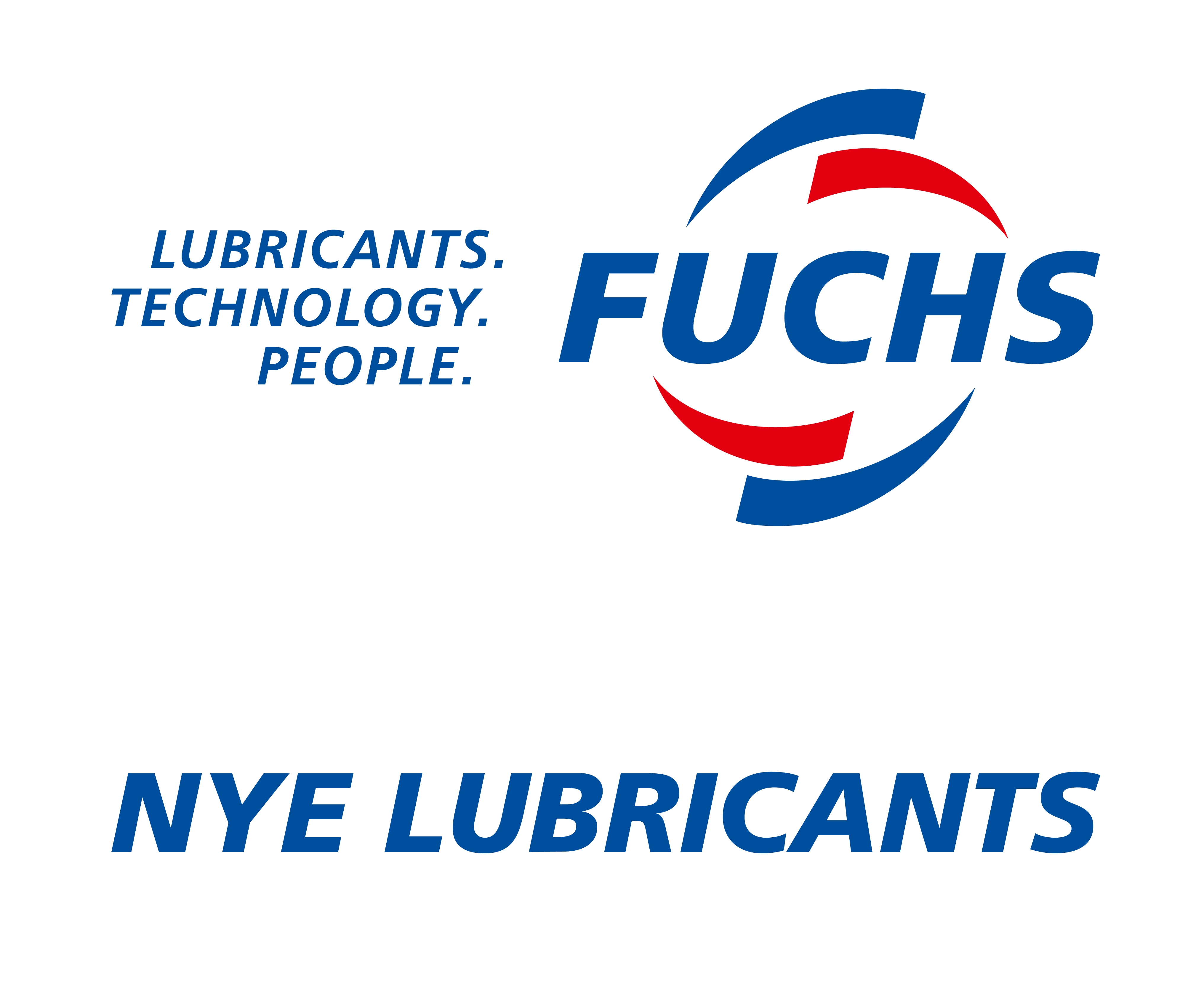ISO 13485:2016 Certified Lubricants for Medical Devices
A key customer concern in the medical market is always risk mitigation. An official medical-grade certification does not exist for lubricants. However, as an ISO 13485:2016 certified manufacturer, Nye Lubricants’ quality management system meets regulatory requirements for medical devices and related services.

ISO 13485:2016 specifies requirements for a quality management system adopted by an organization which needs to demonstrate its ability to manufacture medical devices, and provide related services, that consistently meet customer and regulatory requirements applicable to medical devices.
In order to be a qualified lubricant supplier, manufacturers must go through several steps to ensure that a lubricant can be manufactured the exact same way, every time, with minimal variations in the end-product. The primary objective of ISO 13485:2016 is to facilitate harmonized medical device regulatory requirements for quality management systems. This will define how a medical device will be manufactured including qualification and risk assessment at every stage, utilizing a failure mode effect analysis or FEMA. ISO 13485:2016 defines three aspects of Qualification:
Installation Qualification
Does the equipment function correctly? During installation qualification, time is taken to ensure that the equipment requirements for production are understood and documented. Once these requirements have been identified, the equipment must be run to test if it is setup correctly. An example of a requirement that would need to be validated would be the power and voltage requirements for the process.
Operational Qualification
This aspect is tied to Risk Assessment and covers R&D and Engineering. For Nye, this section seeks to qualify the development grease. After the installation requirements have been documented and validated, operational qualification can begin. During operational qualification, processes involved in manufacturing the lubricant are run at both the high and low end of the operating spectrum. Examples of process variables would be temperature, mixing speed, and time. Nye then determines the acceptable range of variation for these process factors.
Process Qualification
Once the equipment and operating parameters have been decided, Nye runs the manufacturing process as documented three times from start to finish. Each batch of the lubricant is tested after each run to make sure that any variances are within the specified range.
Applying international standards like ISO 13485 is an accepted prerequisite for most medical business. The ability and willingness to conform to international quality criteria further enhances Nye’s credibility and accountability with medical device manufacturers, and their valued partners, across the world.
Want to learn more? Contact Us.


